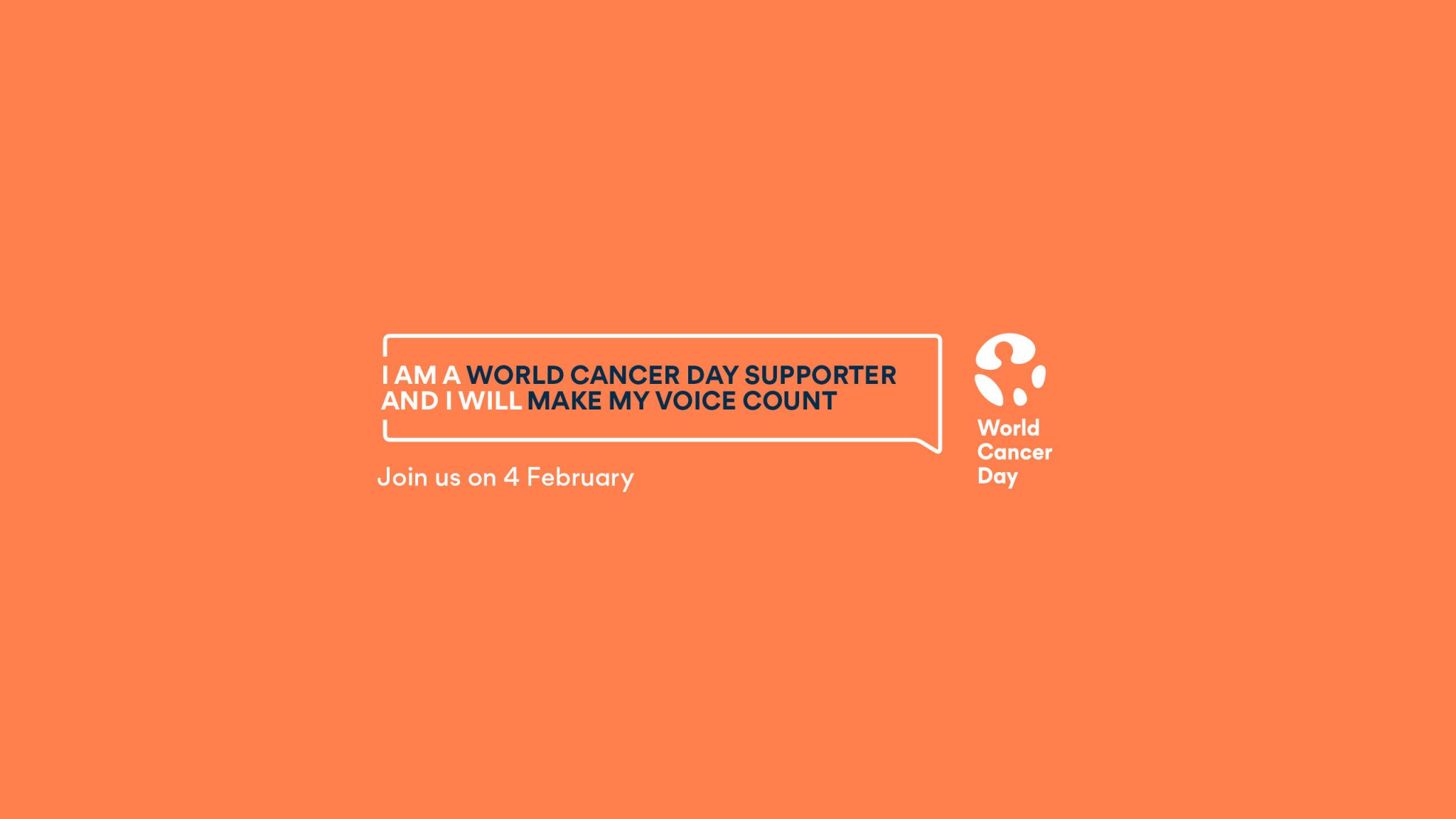So much goes into cancer care—pain management, decision making, death with dignity. This year’s World Cancer Day theme is ‘I am and I will.’ Hear from five Hopkins nurses—three faculty and two students—and how they are challenging cancer care for the better.
Kayla Madison, MSN (Entry Into Nursing) Student
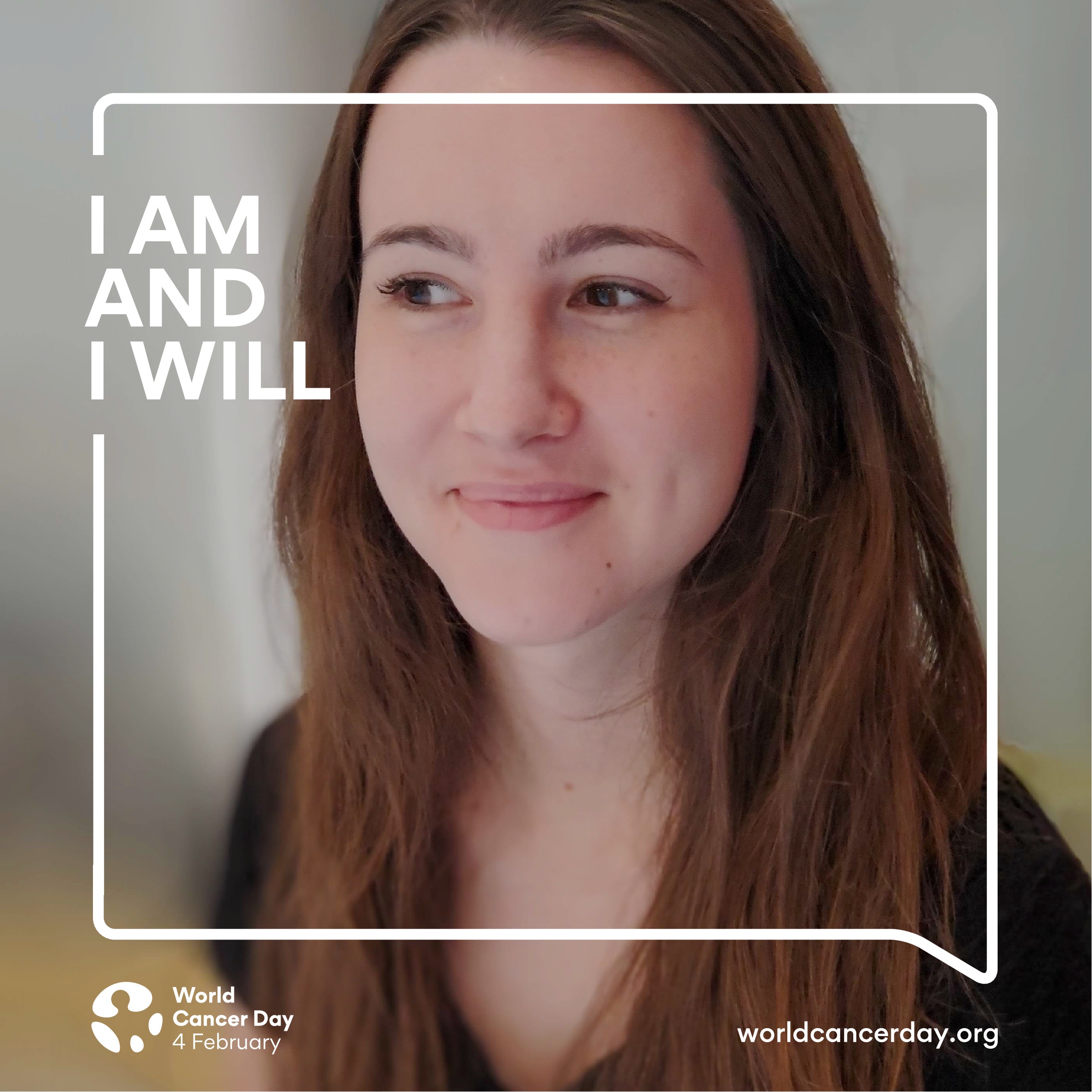
I am a future pediatric oncology nurse.
I believe in the power of an empathetic, patient, diligent caretaker in the face of human suffering.
I have seen this in the dedicated oncology and hospice nurses who cared for my mother through her battle with brain cancer until she passed away when I was 13; through the chemotherapy infusion nurses who have taken care of my aunt and uncle through their respective cancers; through the nurses I have learned from during my pediatric oncology rotation at the Johns Hopkins Children’s Center.
This career lets me use my heart as much as my head; I will deliver medically complex care as well as wholehearted, unwavering compassion to children and their families. I will provide the pediatric palliative care my patients deserve—emphasizing quality of life and reducing pain and suffering.
Chao Hsing Yeh, PhD, MSN, RN
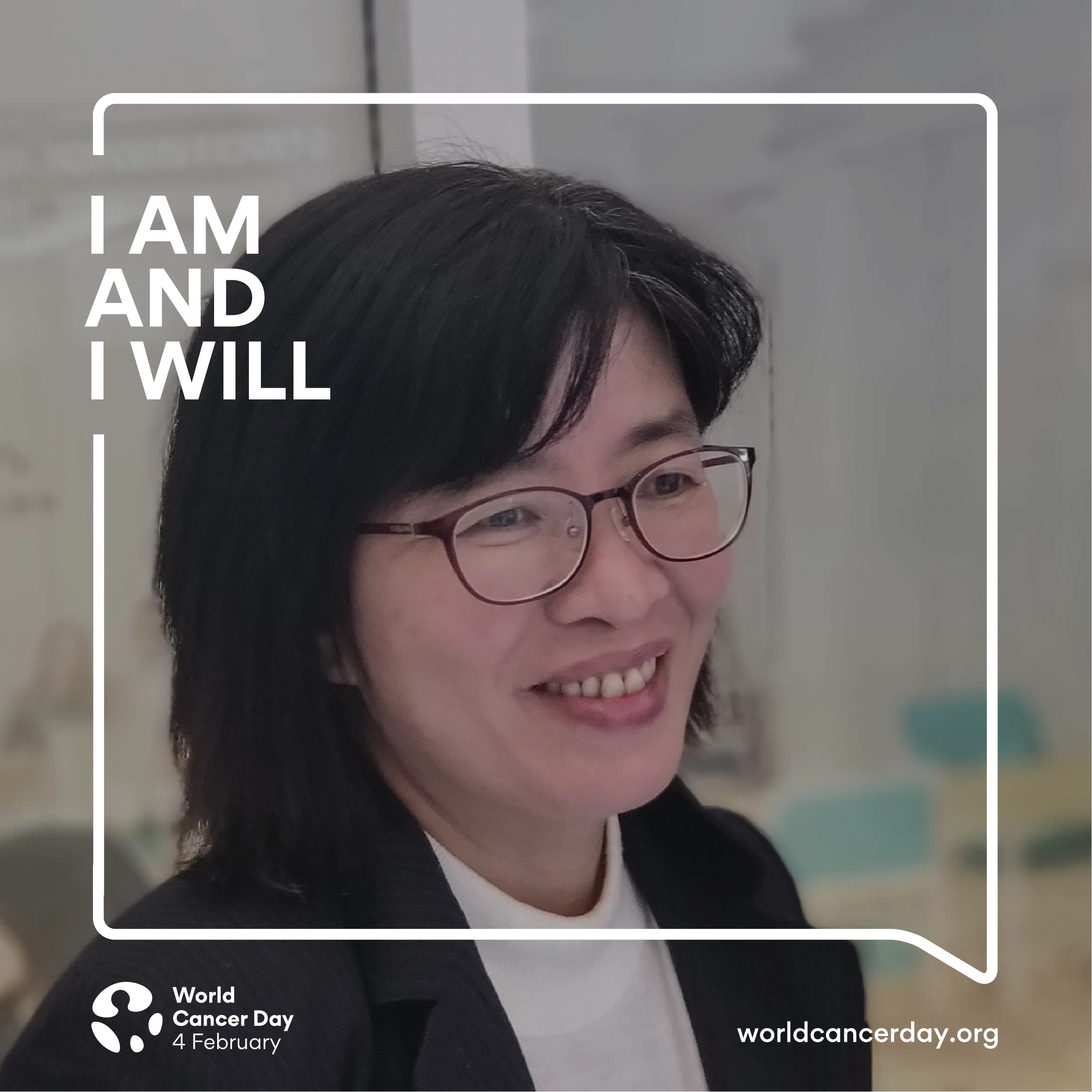
I am a nurse, researcher, and certified master of auricular point acupressure.
I have been successfully using auricular point acupressure to manage pain and cancer-related symptoms, including fatigue, nausea, vomiting and sleep disturbance, for 11 years. It is non-invasive, non-pharmacological and patient-managed—the patient can manage their pain and symptoms anywhere, anytime by pressing specific points on their ear.
Auricular point acupressure is a very powerful treatment because it works and because patients usually feel pain and symptoms relief immediately. It takes minimal time to practice (i.e., three minutes, three times per day) to stimulate their ear points. With self-management pain interventions like this one, we could potentially reduce our society’s reliance on opioids.
Can Inpatient Nurses Use Auricular Point Acupressure to Help Oncology Patients Manage Pain?
Clifton Thornton, MSN, BS, RN, CRNP
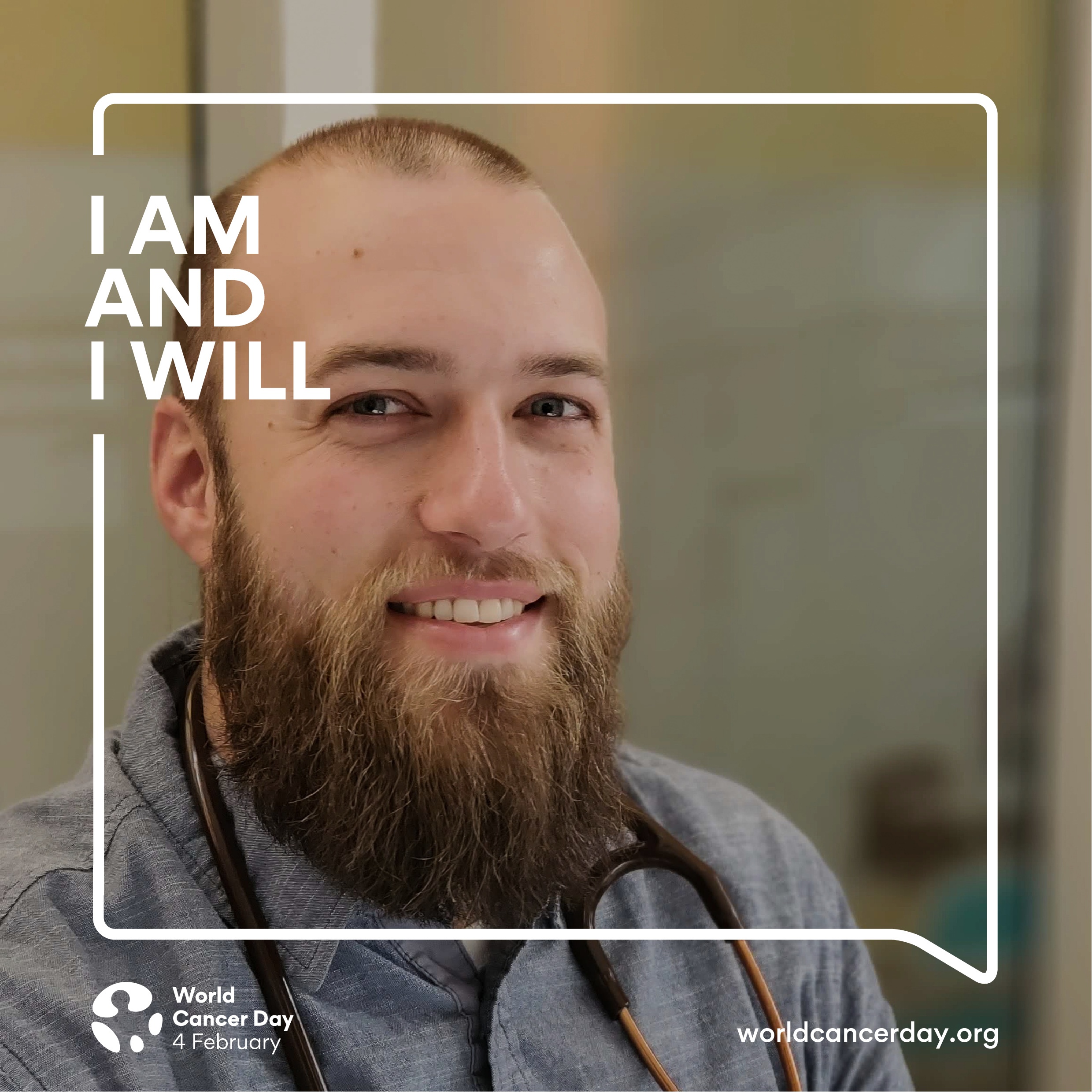
I am a pediatric oncology nurse practitioner, and a PhD student.
I’ve worked in pediatric oncology for my whole career, now practicing as a nurse practitioner in Baltimore. I’ve also conducted research on managing the symptoms of cancer treatment in children, adolescents, and young adults—it’s an important part of improving survivorship and quality of life. Now, as a PhD student, I’m investigating biobehavioral mechanisms that influence side effects and toxicities that result from cancer treatment in adolescents and young adults.
Jennifer Wenzel, PhD, MS, RN, FAAN, CCM
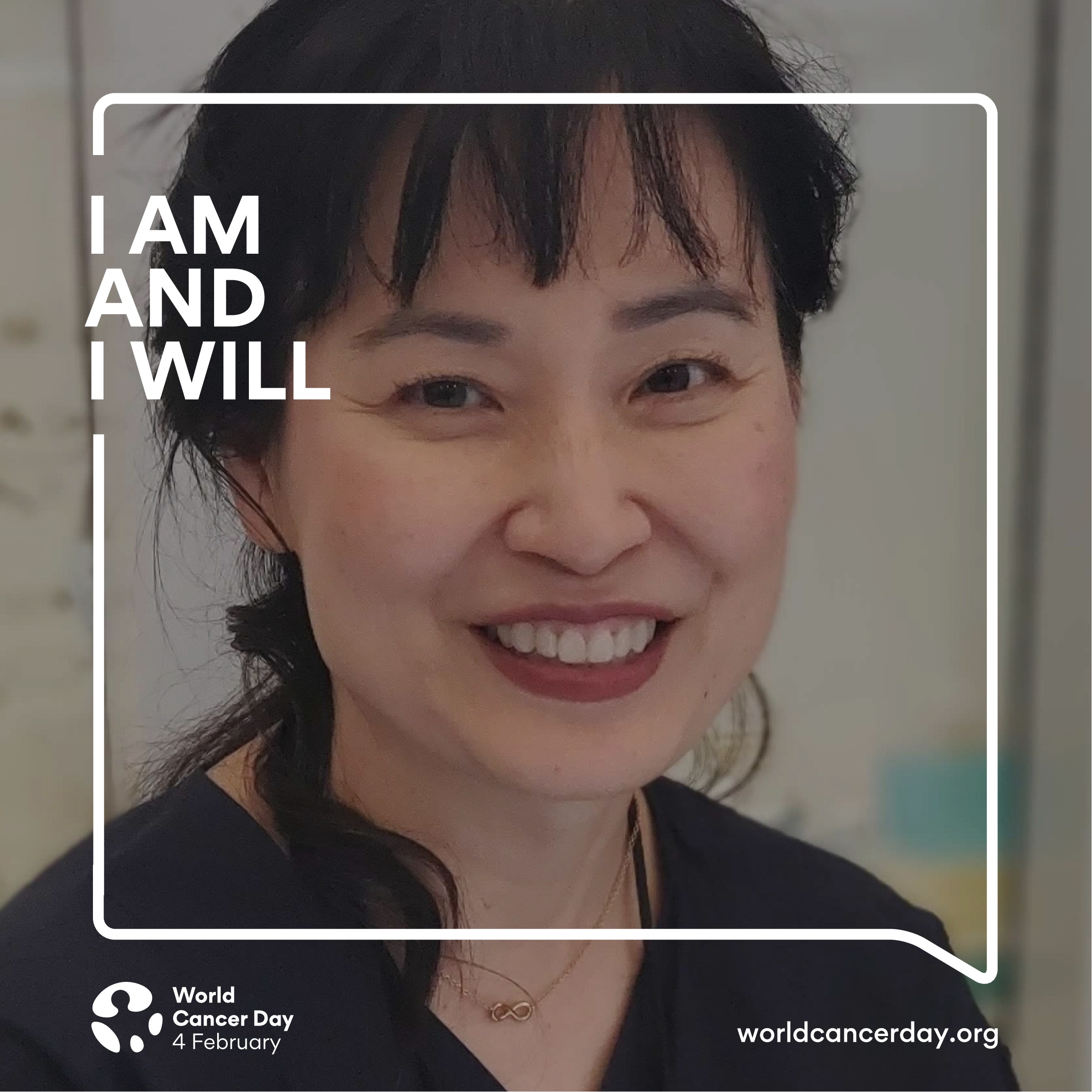
As an oncology nurse, I have had the privilege of working with patients and families through all stages of the cancer treatment experience. The physical, emotional and financial toll can be overwhelming and requires ongoing attention, especially as treatment becomes more complex.
As a researcher, I have the opportunity to help people—especially those with challenges related to race, ethnicity, or geography—share their stories about cancer treatment and decision-making. I develop interventions with these important, and often difficult, personal experiences as the foundation. I work to improve patient and caregiver experiences and outcomes related to cancer treatment in ways that are acceptable, accessible and, hopefully, empowering.
Nada Lukkahatai, PhD, MSN, RN, FAAN

I am a nurse researcher.
My study is an intervention for cancer survivors who are living with other chronic illnesses (like hypertension or diabetes). We develop a personalized, at-home exercise plan based on the patient’s abilities and goals, and use a wearable device and smartphone app to give performance feedback and reminders.
I am pilot-testing an intervention to explore how the intervention alleviates patients’ symptoms of pain and fatigue, and improves their resilience and well-being. In this study we also investigate the underlying biological mechanism and biomarkers (oxidative stress and inflammatory markers) associated with symptoms (such as fatigue, pain and depression) experiences.
I am and I will. Learn about World Cancer Day February 4, 2020.
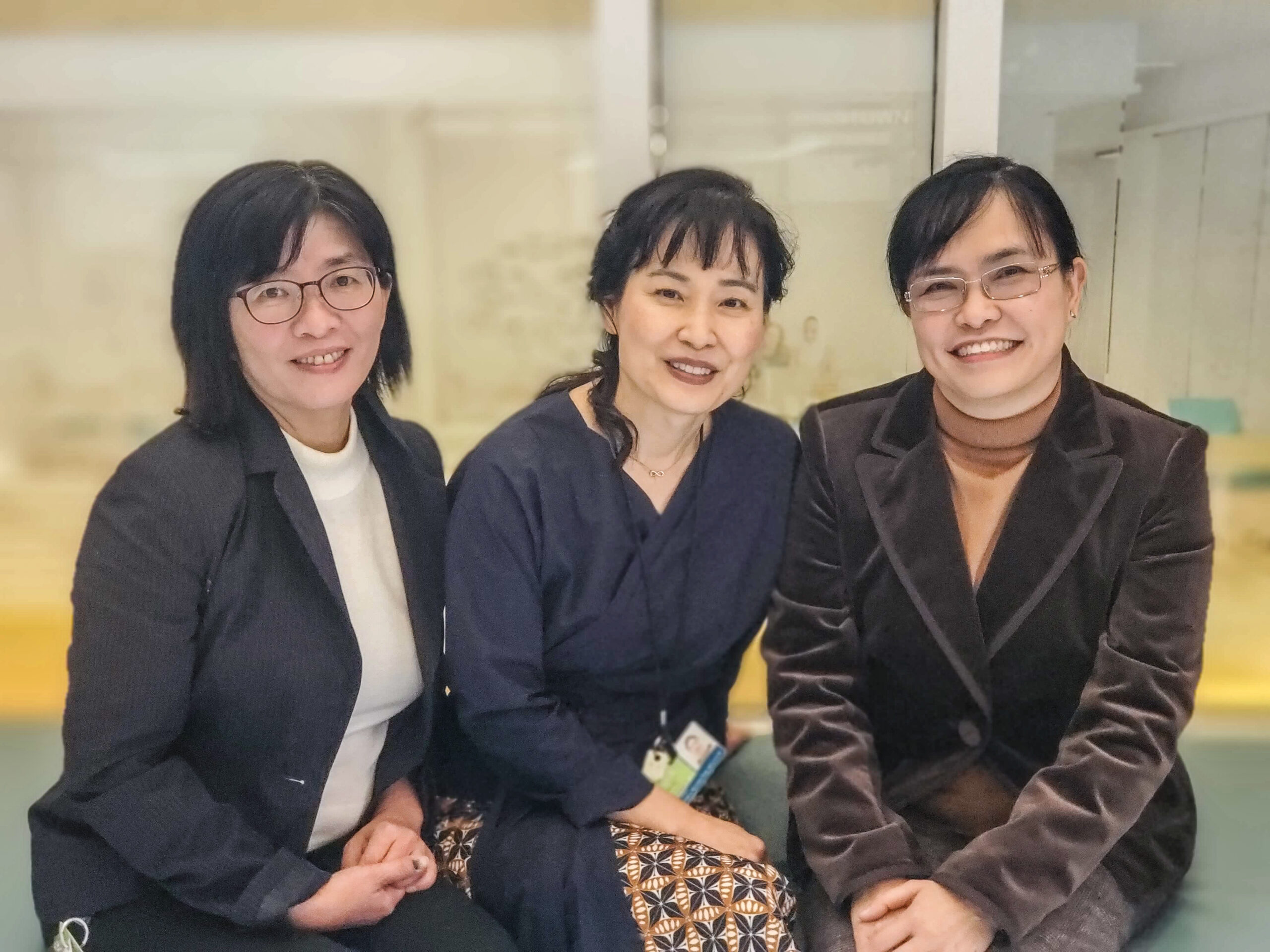
Read more:
- Can Inpatient Nurses Use Auricular Point Acupressure to Help Oncology Patients Manage Pain?
- What is Human-Centered Design? And What Can It Do For You?
- World Cancer Day
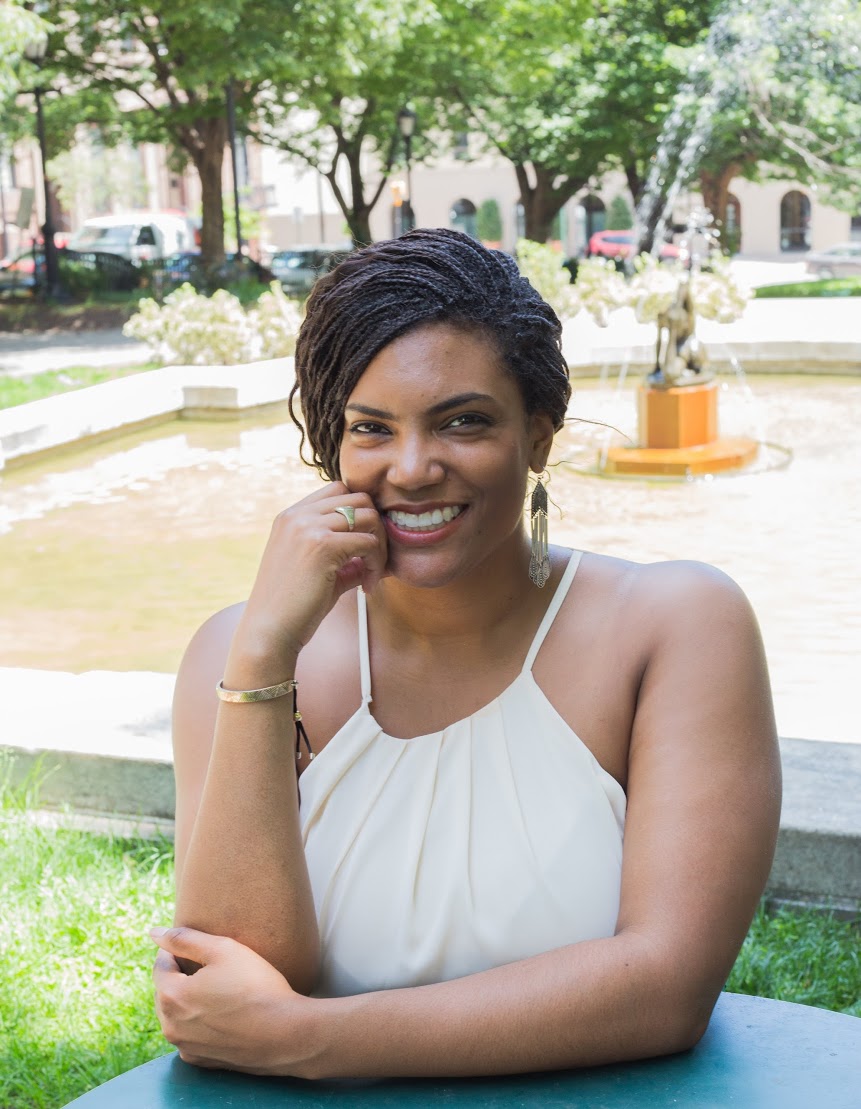
ABOUT THE AUTHOR: SYDNEE LOGAN
Sydnee Logan is the Social Media and Digital Content Coordinator for Johns Hopkins School of Nursing. She shares what’s going on here with the world.

